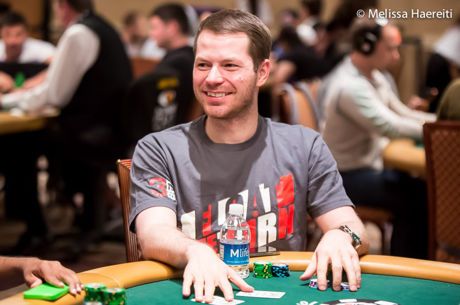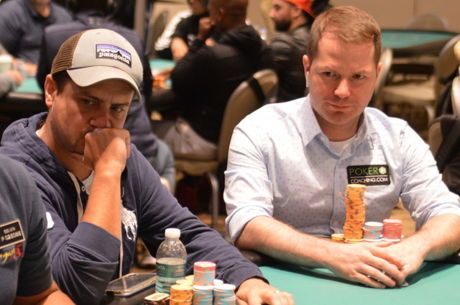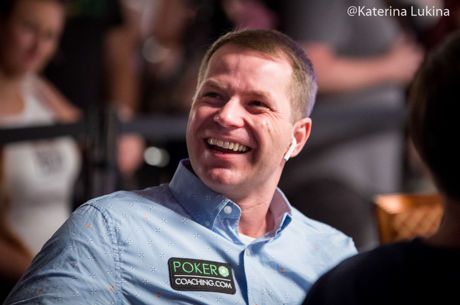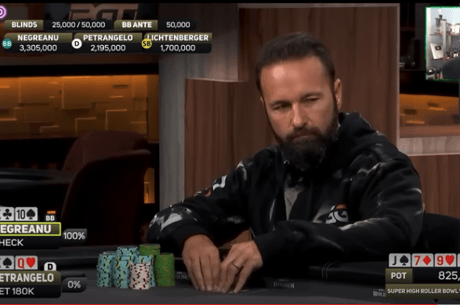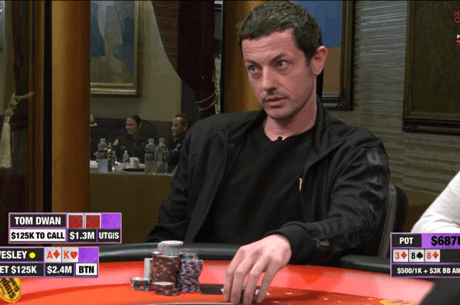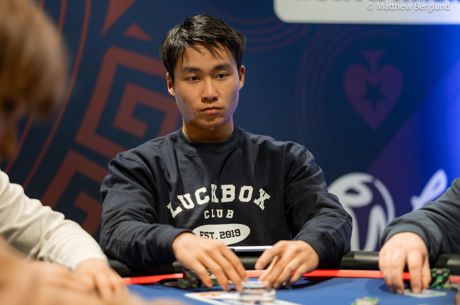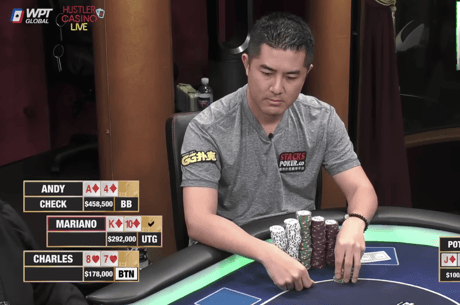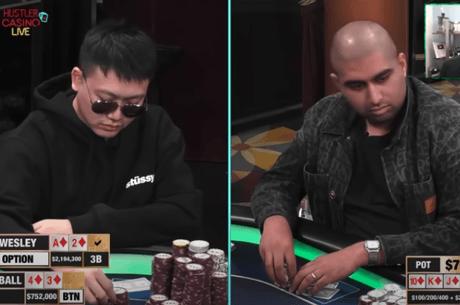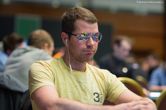Salas vs. Botteon: Breaking Down Huge Pot Between WSOP Main Event Chip Leaders
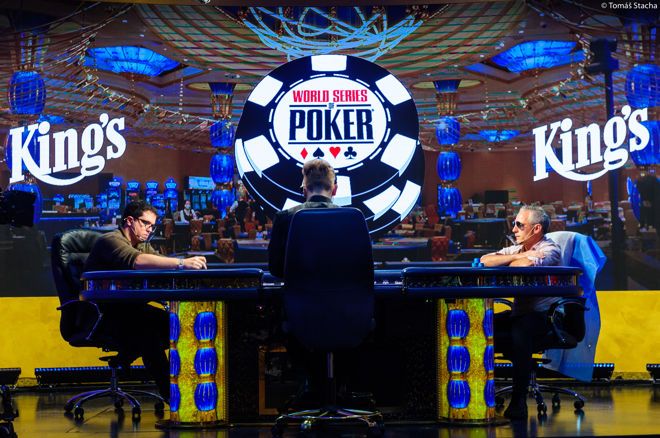
In this week's strategy column, I want to take a look at a hand played earlier this month at the final table of the 2020 World Series of Poker (WSOP) International final table at King's Casino.
I chose this hand because of how interesting it was in many ways. There were five players left and the two biggest stacks, who were also very good players, played a huge pot. Always be aware of the ICM implications at the final table and try to play more cautiously to preserve your stack and not bust before the shorter stacks. That said, it is also a good time to apply pressure to other large stacks that know this. For that reason, this hand is a great one to cover as there were so many levels being thought through by both players.
The hand took place at the 125K/250K/250K level. Chip leader Damian Salas (12 million) raised to 525,000 under the gun with the K?10?. The next three short-stacked players folded to Brazilian pro Bruno Botteon (11.1 million) in the big blind. Botteon, who was the second-biggest stack, opted to defend with the 9?7?.
Salas is a very strong player who has final table the WSOP Main Event in Las Vegas back in 2017. Meanwhile, Bruno is a world-class player who has recently broken onto the scene. He made several WSOP final tables on GGPoker over the summer and has played $25Ks.
When the flop came down 9?6?5?, Bruno checked, which he��d probably do with the majority of his range. Now, what would you do if you were in Salas�� spot? Would you check or continuation bet small, medium or large?
I think in this scenario he should probably check behind. Both players have deep stacks and shouldn��t be trying to play big pots against each other. Plus, the flop was much more likely to connect with Botteon��s range. Salas did check and I liked the play a lot.
The 10? turn paired the ten of Salas to give him the lead. This is a spot where Salas�� range is going to improve a ton on the turn, so Botteon probably shouldn��t bet. He should check and play his hand like a marginal made hand, I think. However, he did take the aggressive line and bet 450,000.
"I am always a little cautious here, but if you know your opponent is the type of player who gets in there and will make big hero calls, I do think betting is viable."
I think Salas was either going to call or raise the vast majority of the time. When he does fold, what is he folding? Maybe ace-king or ace-queen, but a lot of hands are going to continue. That said, Botteon has a knack for battling hard, which he showed here.
Salas just called �C he had to be careful in case Botteon had a straight, two pair, etc. �C and the river came the 4?. Botteon checked and Salas had to decide if he wanted to go for value. I am always a little cautious here, but if you know your opponent is the type of player who gets in there and will make big hero calls, I do think betting is viable. If they��re a weak-tight player, letting it go check-check is probably better.
Against Botteon, who is a tough player, I like a bet here, and the reason is because if you have a hand like QxJx, KxJx, and K?Qx, you would love to bluff those hands, right? There��s not a ton of value hands in your range, but there are a lot of bluffs. So, when you happen to have one of the few value hands, like you do in this scenario, it��s a good spot to go for value.
Salas did fire out 1.5 million into the pot of 2.3 million. Botteon had a marginal made hand that beat a lot of the bluffs, so if I was in his shoes I would've just called. When you beat a lot of bluffs, you usually just want to call.
Botteon wound up surprising me, and I expect many of you, by waking up with a check-raise to 5 million. Now, when you check-raise here what are you trying to accomplish? You are trying to get your opponent to fold out a better hand, right? Do we think Salas is going to fold out a ten? Maybe. However, given Botteon is known as an agresssive player willing to mix it up, it makes it more likely that Salas would be highly-incentivized to call. He he��d need to be good 28 percent of the time, let��s call it 30 percent. It��s hard not to be good 30 percent of the time when your opponent is a battling player.
If I was to run the bluff here, I would recommend Botteon just go all in. I know it��d be a big size, but at least then you��d be putting maximum pressure on your opponent. Here, if Salas calls he��d still have 6 million left, which would be fine in the middle of the pack.
Anyway, Salas called and won the 12.3 million pot, which helped propel him deep in the tournament. If you��re interested to see how he did, click here.
For a more thorough breakdown of this hand, check out my thoughts in the following video:
Jonathan Little is a professional poker player and author with over $7,000,000 in live tournament earnings. He writes a weekly educational blog and hosts a podcast at JonathanLittlePoker.com. Sign up to learn poker from Jonathan for free at PokerCoaching.com. You can follow him on Twitter @JonathanLittle.

